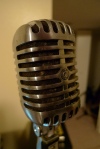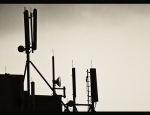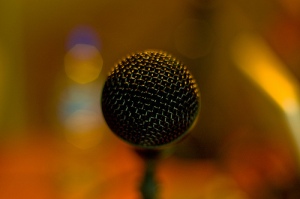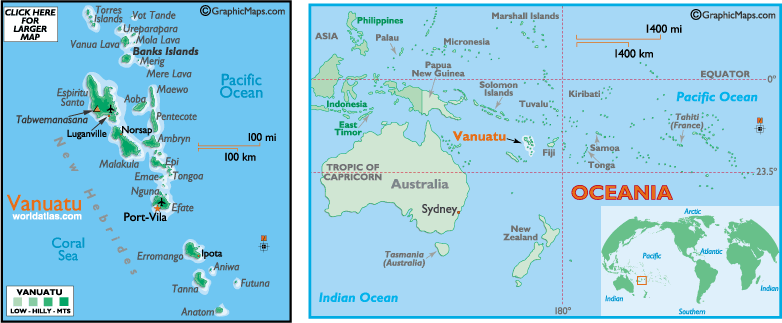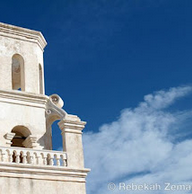A quick thoughts post… covering a disaster – and looking at how a disaster is covered – can quickly bring up some dicey ethical questions. My instructor for Journalism Ethics says he avoids hypothetical situations, and one major reason this makes sense to me is that it seems real live ones are everywhere you turn and much more relevant than anything constructed from the abstract. The big one everyone’s talking about is Anderson Cooper’s on camera moment, though First Draft quickly moves the debate from Cooper to the coverage as a whole with this article: The Giggly Twerps on the Evening News.
Meanwhile, the New York Times has created an index of their multimedia coverage, which simultaneously feels organized and… odd… Do I pick the video or the photography next for my visuals of earthquake victims? I feel strange asking myself the question – and yet I am.
Prison Photography asks the questions bluntly and graphically with posts like this: Staring at Death: Photographing Haiti.
And yet the work of photographers / reporters like Minksy is undeniably important, and her quick thinking and speed are definitely a factor in the impact of her work: Behind the Lens: There for the Quake (from the New York Times’ Lens Blog). Reports like Minsky’s Haiti coverage or Melissa Bloch’s China coverage both have an immediacy because of how and when the work was done that can’t be replicated by people who weren’t there because it records both the earthquakes themselves and the experiences of someone going through them – and then beginning to report on others (I wrote about NPR’s radio coverage here during last semester).
Finally, for those who really want to wonder about the metaphysical – media coverage of how people are using media: How does Haiti communicate after the earthquake? (BBC).
If you’ve got thoughts or answers for how to handle these kinds of questions and issues, let me know below…


